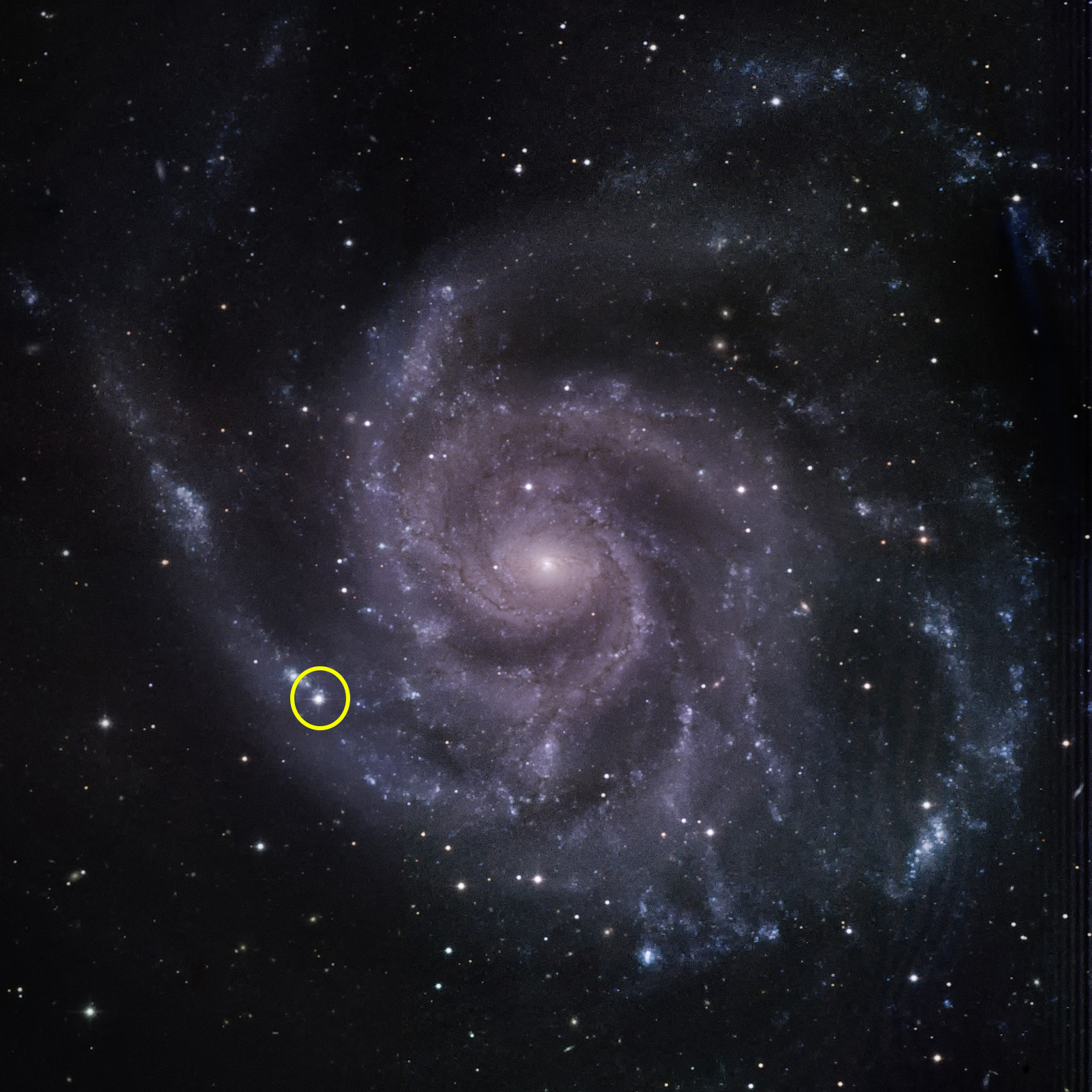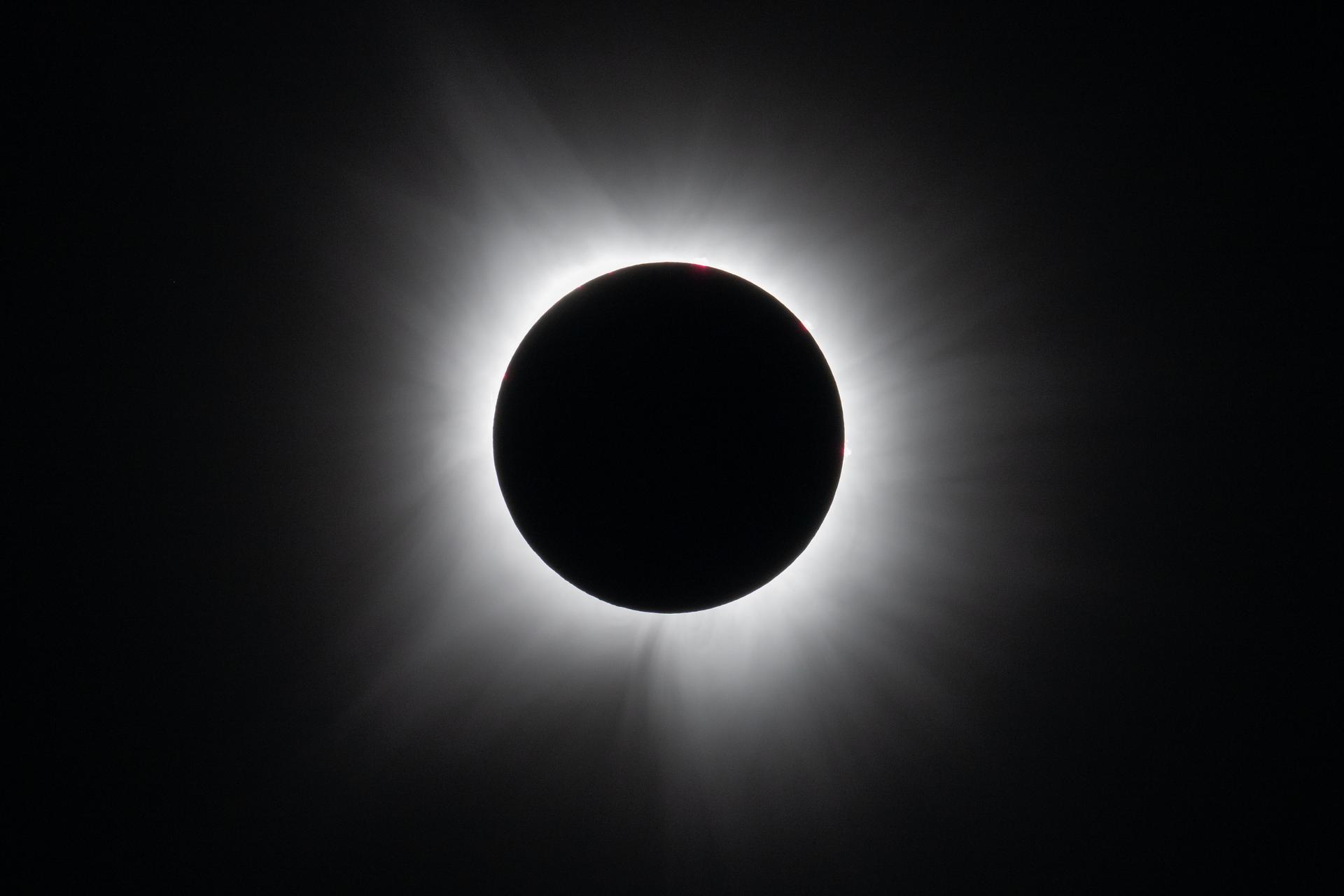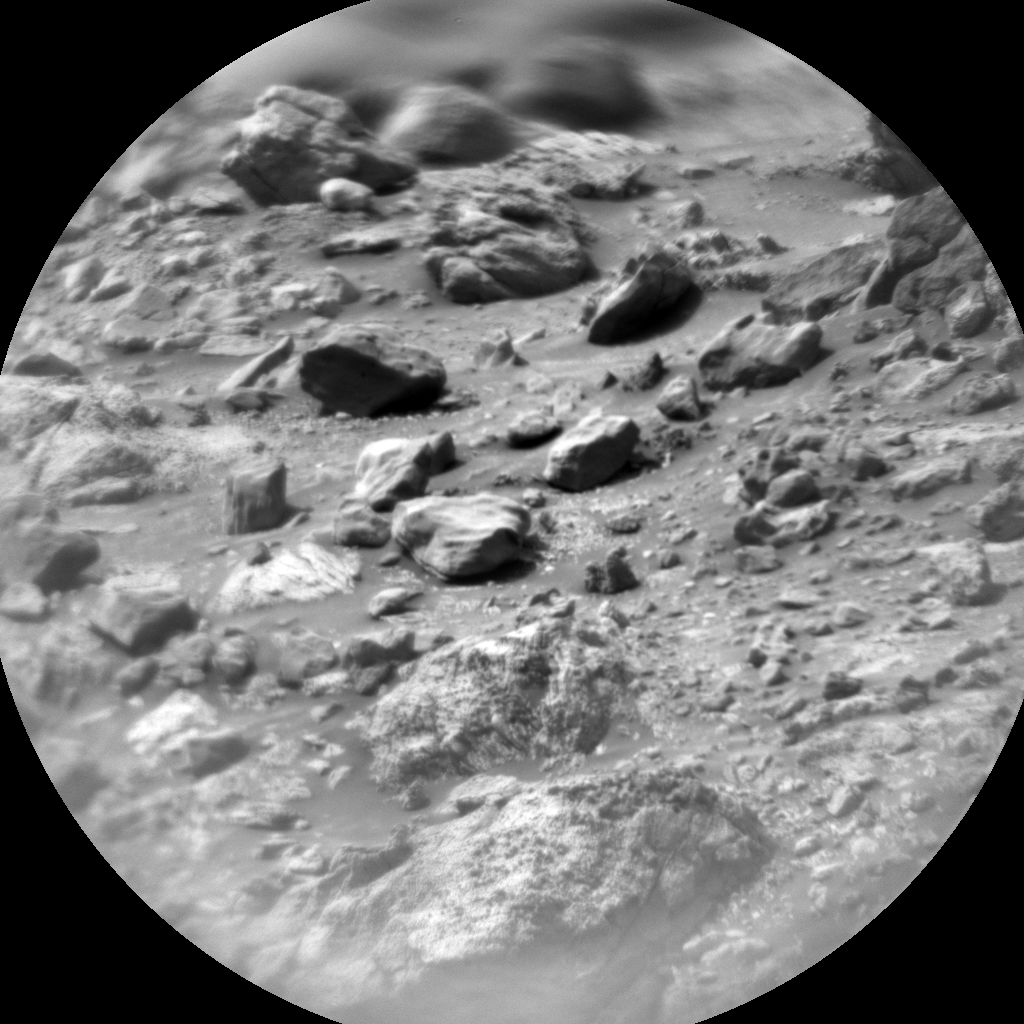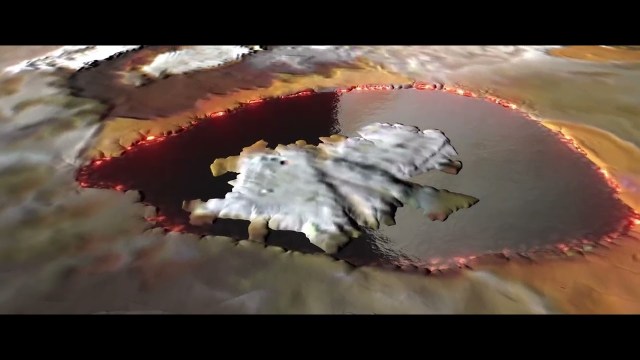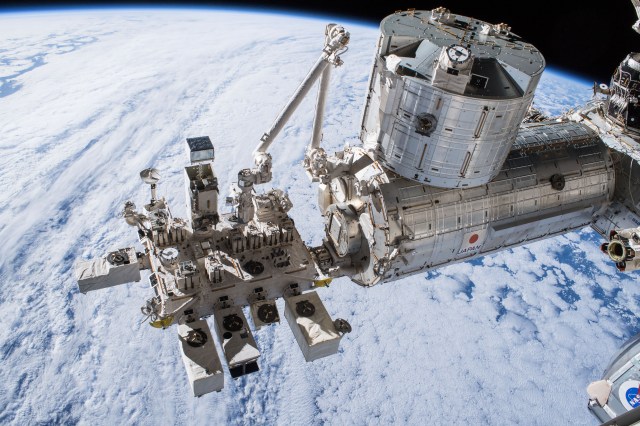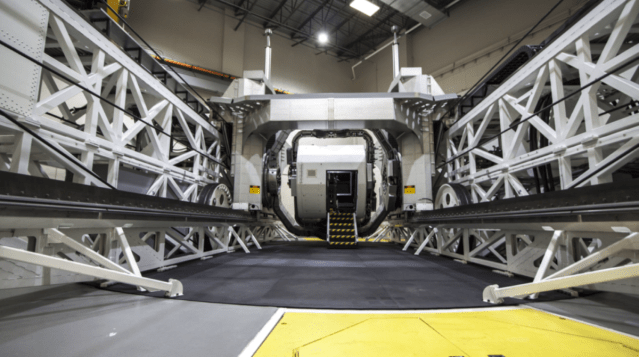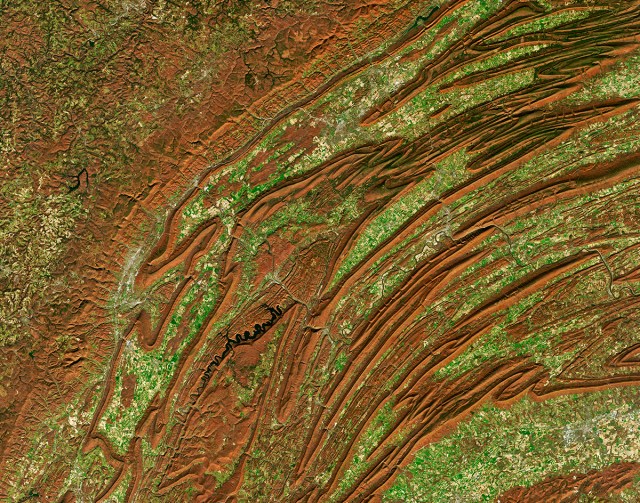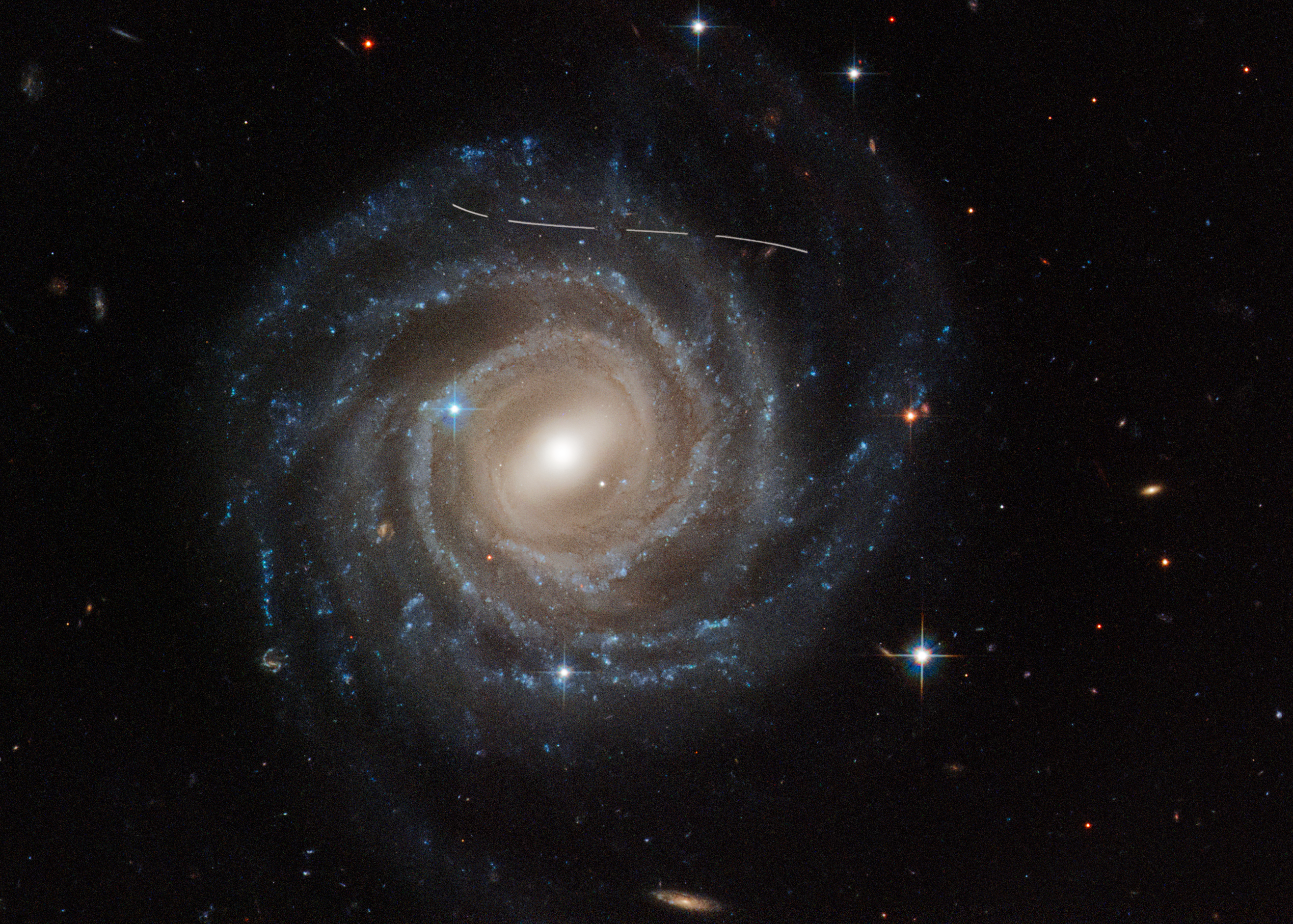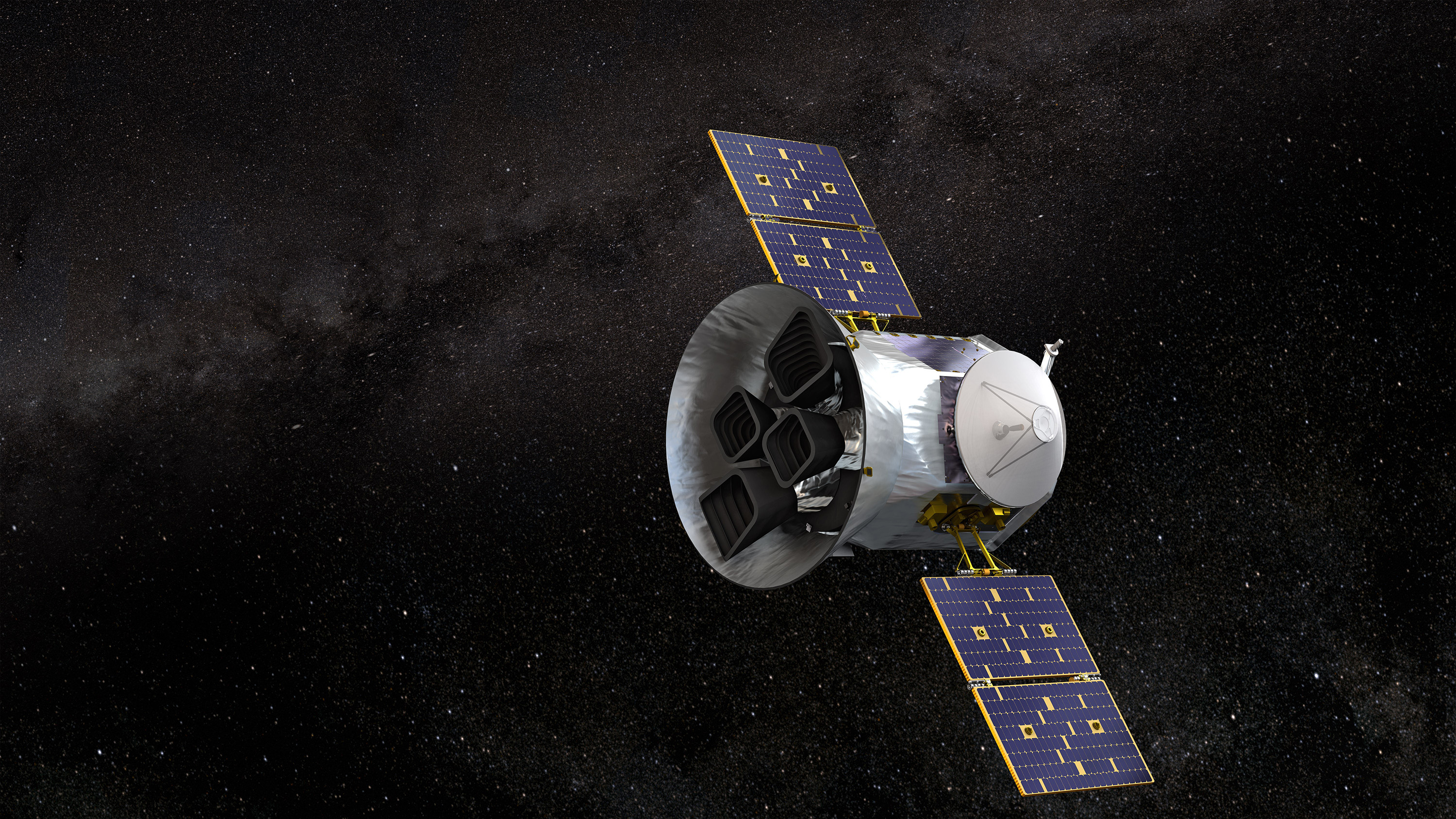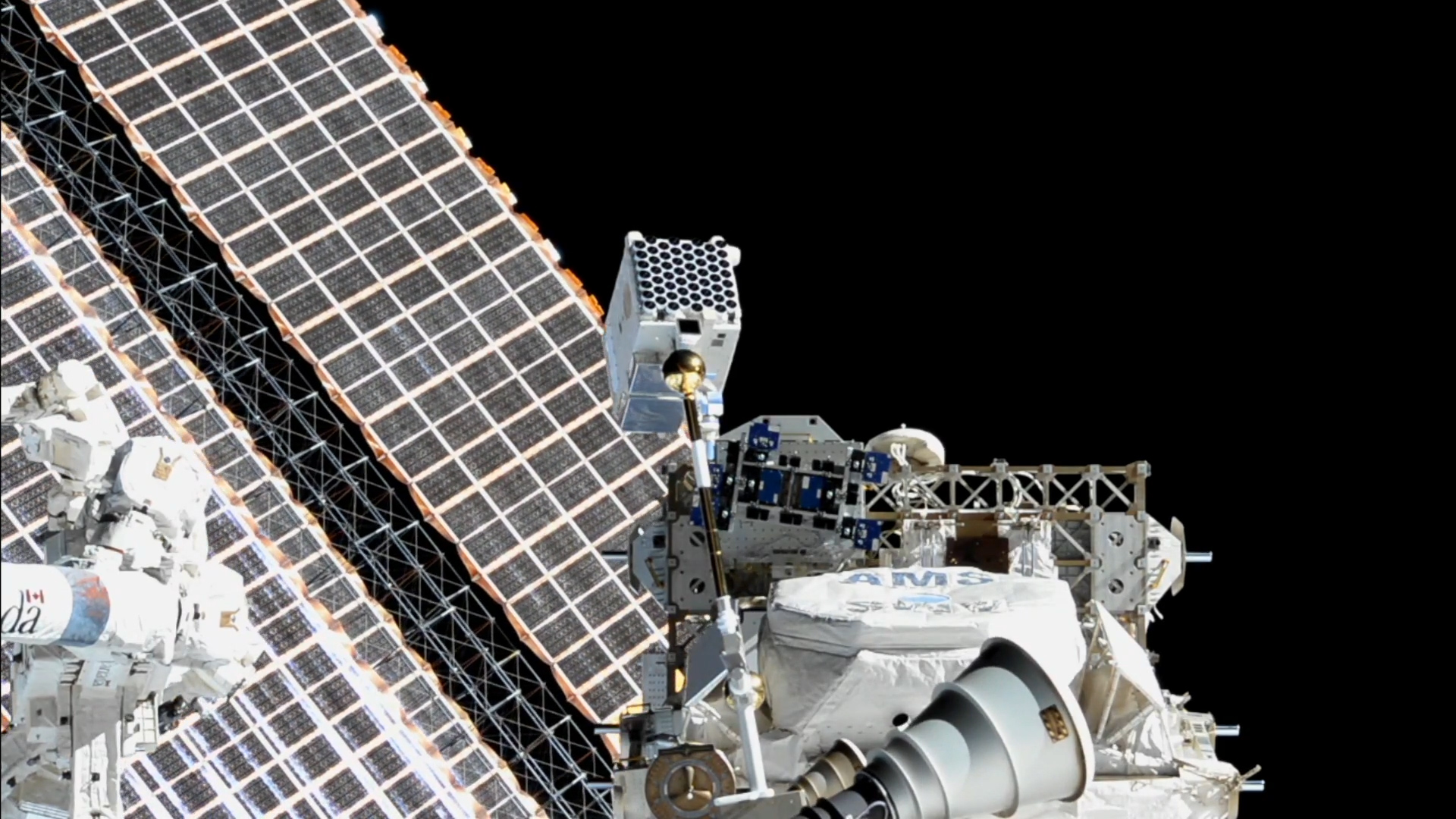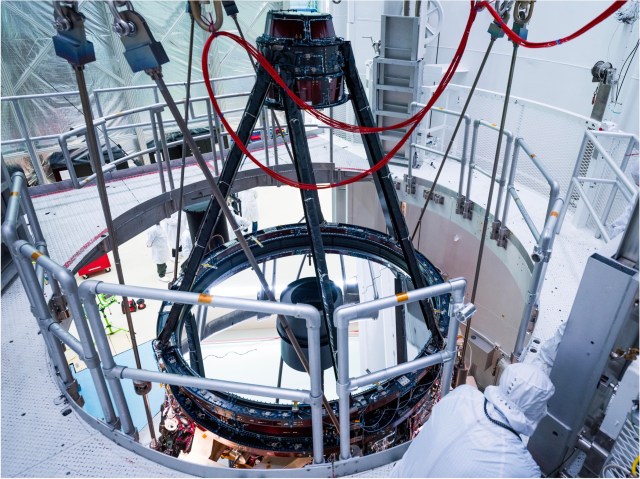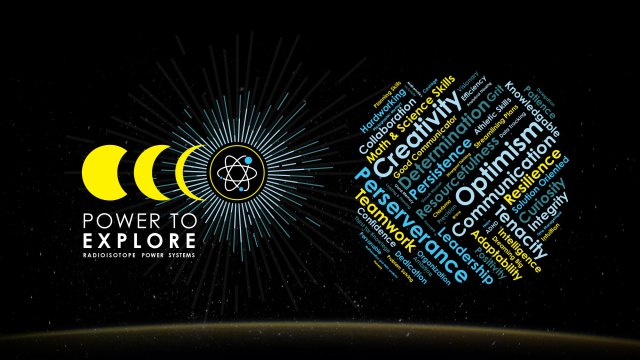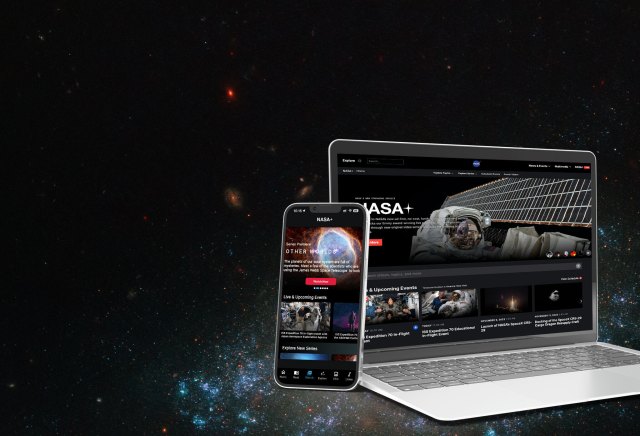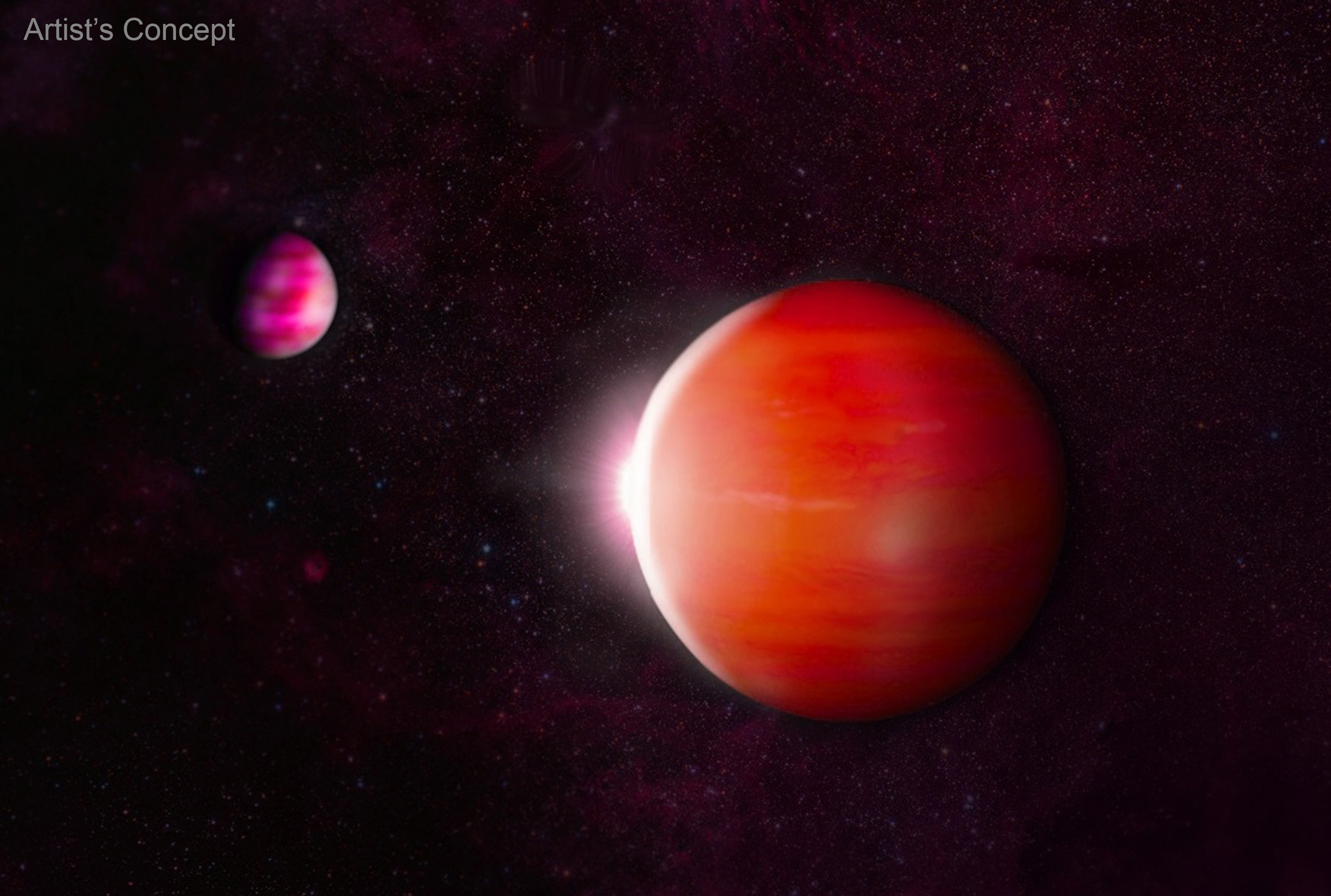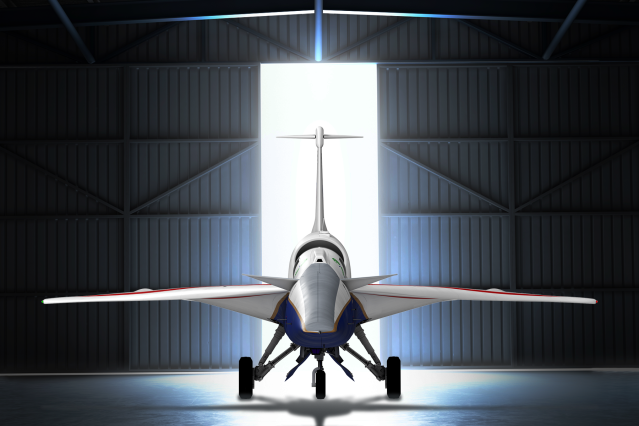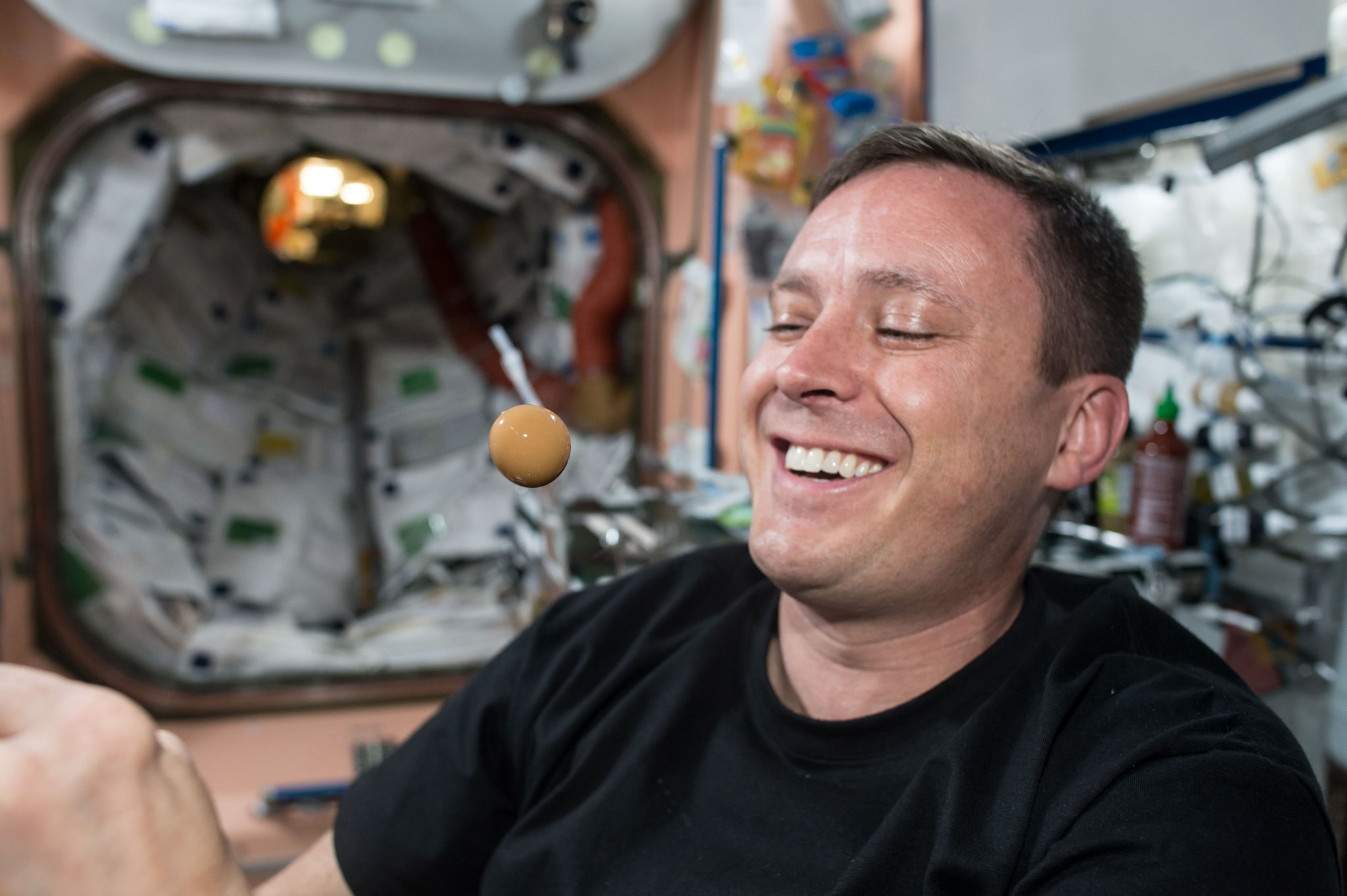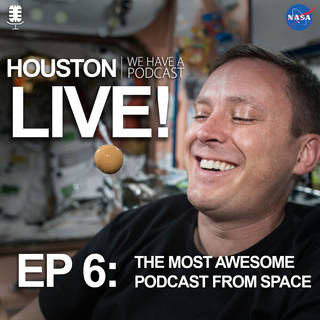
“Houston, We Have a Podcast” is the official podcast of the NASA Johnson Space Center, the home of human spaceflight, stationed in Houston, Texas. We bring space right to you! On this podcast, you’ll learn from some of the brightest minds of America’s space agency as they discuss topics in engineering, science, technology and more. You’ll hear firsthand from astronauts what it’s like to launch atop a rocket, live in space and re-enter the Earth’s atmosphere. And you’ll listen in to the more human side of space as our guests tell stories of behind-the-scenes moments never heard before.
Episode 6 features Jack “2fish” Fischer, NASA Astronaut, who talks about life on the International Space Station… while on board the International Space Station. This episode was recorded during a live event that streamed on NASA TV, Facebook Live, Ustream and other platforms. Watch the video of this episode on YouTube.
Transcript
Gary Jordan:Houston, we have a podcast. Welcome to the official podcast of the NASA Johnson space center, episode 6: the most awesome podcast from space. I’m Gary Jordan, and I’ll be your co-host today, along with Dan Huot. Dan, what’s up?
Dan Huot: Hey, Gary. Today’s episode was a little different, because we had a conversation with Jack Fischer, a us astronaut, while he was in space. And we did the whole thing live, so we brought in some social media questions real time, and Jack was answering them.
Gary Jordan:That’s right, it was a wicked awesome discussion about what it’s like to live in space, work on science experiments, and see the earth below while you’re travelling at 17,500 miles per hour, watching the sun rise and set 16 times a day. Such a unique perspective of the planet. So, with no further delay, let’s go light speed and jump right into our talk with colonel Jack Fischer. Enjoy.
[ music ]
>> T minus five seconds and counting. Mark. [ indistinct radio chatter ]
>> We have a podcast! [ music ]
Dan Huot: It’s real good to be back. I was on the first episode, and I’m not the expert– we are talking to the expert in space today. It’s super exciting, and again, just wrap your mind around that– we’re about to talk to somebody in outer space.
Gary Jordan:I– yeah, how cool is that? It’s crazy! I mean, we’re looking at him right now getting set up. This is crazy. I mean, for me personally, this is my very first time talking to somebody in space.
Dan Huot: That’s right, Gary’s newer here, so he hasn’t had the privilege. I’ve been here a little bit longer, and I’ve done it maybe once or twice still, but it’s still really exciting. It makes you a little bit nervous, but it’s really cool to live in a time where we have the capabilities to talk to somebody who’s in outer space, flying around us at 17,000 miles an hour. I mean, one of the coolest examples I can think of that happening– and it shows you just how far we’ve come. I mean, it used to be you needed satellite dishes and technology that we had millions of pounds of all of these things just to talk to somebody a few hundred miles away. And now, you could talk to somebody in space on a cell phone. It actually happened to us once. We were over in Kazakhstan, and we had just watched one of the crews’ launch to the international space station. And it had been a couple of hours, they were almost docked, and we were heading to an old theater in Baikonur to go watch the actual docking of the crew members get there, and one of my colleagues’ phones rang. And he answered it, and you could just see his face light up. And it was just a real short conversation– “oh, yeah, no, that sounds great. Sounds cool, yeah. We’ll definitely use that.” That was it– he hung up. And he said, “that was the commander of the international space station. He just called me on my cell phone to tell me how he was setting up a camera to watch the crew members come onboard.” So I mean, just that blew my mind, because we were just in this remote part of the planet, and he could get a phone call from somebody in space. Like, it’s just so incredible that we’re living in this time. And we’re about to talk to somebody in space. If you can’t tell, I’m really excited. [ laughter ] and I know Gary is, too.
Gary Jordan: Yeah, very, very true. It’s just crazy to pick up a box and then literally, it is space calling. I’ve heard stories of, you know, astronauts calling pizza joints and ordering pizza for some colleague whose birthday it was, or something like that. It’s just the most insane thing to think about. But okay, so today, we’re talking with somebody in space– Jack Fischer.
Dan Huot: Yes.
Gary Jordan: Let’s talk a little bit about him. Who is this guy?
Dan Huot: So Jack Fischer is one of the flight engineers for expedition 52. He’s been onboard the international space station since April, since he launched with the Russian cosmonaut Fyodor Yurchikhin. Jack is one of the relatively newer astronauts in the corps. He was selected back in 2009, and this is his first spaceflight, so this is his first time in space. And he’s been up there for a couple of months now. He’s got a stem background like all of the astronauts do– degrees in aeronautical engineering, aeronautics and astronautics– a lot of a words in there. And he went to MIT, so he’s got a pretty nice resume to make him an astronaut. But he was also in the air force– he’s an air force colonel with 3,000 flight hours and more than 45 different aircraft. And he worked in a whole bunch of different jobs before he ever flew into space. And all the astronauts do that– they’re either supporting different technical programs here at nasa– Jack was a Capcom, so he was one of the people who actually talks to astronauts every single day.
Gary Jordan: Oh, wow.
Dan Huot: So you know, for people like that, talking to somebody in space is their job, it’s old hat. For us, it’s super unique, but… he’s done all those things, and now he’s been onboard for the last couple of months, and he’s been doing everything from spacewalking, to science, to capturing visiting spacecraft– kind of the whole gambit of stuff.
Gary Jordan: Unbelievable! Okay, so he’s– you know, now he’s got that experience, right? He’s got not only the flight time just in planes, but now he’s got flight time travelling 250 miles above the earth really, really fast. So he’s got– so how are his spacewalks? What’s that?
Dan Huot: Yeah, so he did two spacewalks. And every astronaut will tell you that spacewalks are one of the most unique, one of the most dynamic things they get to do. It’s kind of one of the coolest things about being in space a lot of times. And he did two back in May. One, they just replaced a component on the outside, and the other one was something we call an unplanned spacewalk, where something broke and they had to go outside and replace it. And so he did both of those with Peggy Whitson, who’s been up there with him the whole time. He affectionately refers to her as the space ninja. [ laughter ] she is the all-time record holder for American astronauts for time in space, so definitely a good person to have up there with you on your first trip.
Gary Jordan: For sure. [ laughter ] awesome. Okay, so we are going to be talking to Jack Fischer here in just a few minutes. If you are tuning in on Facebook live, we are actually monitoring the questions right here, and going to answer them as they come along, maybe even send a couple up to Jack once we get started here. So we have a couple here coming in already. We have folks checking in from all over the world. I see some from Italy. I see some from, obviously, here in the states. So everyone, welcome. I did see one question, actually, before we even started this one. This one is from Kelly, and she said her five-year-old was asking if some of the astronauts watch movies on the international space station.
Dan Huot: They do, they do. We do like to equip them with some of the kind of creature comforts of being back here at home.
Gary Jordan: Cool.
Dan Huot: And one thing they have up there is they actually have a very small projector, and then a large screen– I think it’s about 40 inches or so– and they’ll have movie nights. And we actually do have a picture.
Gary Jordan: Aw, look at this!
And this is all six crew members. They use bungee cords to kind of make little lean-to hammocks, and even breaking out their sleeping bags to gather together and watch movies in space. A lot of them will tell you they like to watch a lot of space movies, just because, I mean, they’re up there, they’re living it.
Gary Jordan: Sure.
Dan Huot: But it’s just one of those things that kind of makes living in space a little more like being back here at home. Because, I mean, you’re in a really strange place.
Gary Jordan: It’s true.
Dan Huot: I mean, you’re completely isolated from everybody except for the two or five people with you. So having things like movies can make that time a lot easier.
Gary Jordan: Now, it seems like comradery has got to be one of the important aspects of living in space, too– just getting along with your crewmates and doing stuff together. I know– I guess they watch movies together, as we just saw in that picture, but I know they eat meals together, too.
Dan Huot: Oh yeah, they do. And they’re together for years before they ever fly. They’ll usually be with– you’ll be with the same people pretty much throughout all your work time for two years before you fly in space with them. So they know each other very well before they fly. Meals are definitely one of those– so it’s an international space station, so there’s a lot of international foods. So they like to come together and share little creations. The food’s not quite as gourmet as it might be down here on earth, but they do have a couple of ways to make it a little bit more interesting– they like to put hot sauces and things like that on a ton of stuff, just because your taste actually changes when you’re in space. And that’s due to all the fluids rushing up, and a whole bunch of crazy things happen, but—
Gary Jordan: Wow.
Dan Huot: Yeah.
Gary Jordan: All right, well, if you have any more questions for Jack, just put them in the comment section. We’ll kind of follow along and even– he’s getting set up here right now, but once we start connecting with him in just a few minutes here, we’ll read those questions up to him. But personally, for me, I mean, besides just you reading his bio, this is the first time I’ve met Jack. I’m– the first time I’m actually going to be talking to him.
Dan Huot: So Jack– highly recommend following him on social media. He’s brought just an incredible amount of excitement to everything that he’s been doing. And again, he’s a first timer, so he’s been experiencing all this for the first time and sharing it with people as he did. I actually got to meet Jack three years ago. We were both down in Florida for Orion’s first spaceflight, eft 1. It was the first time we put Orion, our next generation spacecraft, into outer space. And he was basically assigned to be our voice for the entire agency. So he went around talking to the media, all of these different people to tell them about Orion. And again, he just brings this level of enthusiasm. He’s got a great sense of humor. He’s incredibly knowledgeable, so he’s going to be great for this, the most awesome podcast from space. So I’m super excited.
Gary Jordan: Absolutely. Appropriately named, too. That’s what we’re going to be calling this episode. So we’ll talk to him right now. This will be our live episode that we’ll be doing here. You’ll be able to interact with us live, but then it’ll be available on iTunes, sound cloud, and nasa.gov– the recorded audio version after this. I guess tomorrow we’ll post it. So there’ll be a full transcript with that as well. So right now—
Dan Huot: We’re 20 seconds away.
Gary Jordan: Oh, okay.
Dan Huot: We’re about 20 seconds away. Gary, are you ready? Are you ready to talk to space for the very first time?
Gary Jordan: I think so, I think so.
Dan Huot: Are you ready? Okay, everybody, let’s get ready for Gary. This can be a little nerve-racking, I assure you, but– [ laughter ] just a couple of seconds.
Gary Jordan: Okay, so we’ll wait for the call from mission control Houston here, and start talking to Jack soon.
Mission Control Houston: Station, this is Houston. Are you ready for the event?
Jack Fischer: I sure am.
Mission Control Houston: JSC PAO, this is mission control Houston. Please call station for a voice check.
Gary Jordan: Station, this is Gary Jordan and Dan Huot here for “Houston, we have a podcast.” How do you hear me?
Jack Fischer: Loud and clear, Gary and Dan Great to be with you today.
Gary Jordan: Awesome. Well, I am extremely excited about this episode, because as I was telling Dan here beforehand, this is– usually when we have a guest, they’re in the studio, let alone on the planet. So I’m going to start off this conversation by asking something that I literally cannot ask anyone else: how’s life in space today?
Jack Fischer: It’s awesome, like it is every day! And what I was going to do– just because, you know, it is your first guest from space– every single question, I’m going to go on a different wall. [ laughter ] so I’ll be on the walls, I’ll be on the ceiling. I’m going to adjust orientation mid-interview at every question, just because I can, and it’s cool.
Gary Jordan:I love it. Okay, awesome. So you’re used to space now. You’ve been up there for– what is it– almost four months.
Dan Huot: Yeah.
Gary Jordan: So I mean, when you’re going to be switching from wall to wall, do you sort of get disoriented, or is your body used to it at this point?
Jack Fischer: Nah, it kind of figured it out pretty quick, and you know, that’s what’s so awesome about the human brain. We come up here in a completely foreign environment, and the brain’s just like, “man, all this vestibular– all these things that I normally use to figure out which way’s up and to orient this body for this dude doesn’t work. So I have to find a different way.” So it forces your mind and your body to grow and to look at things differently. So you start looking three-dimensionally at everything around you, and it’s amazing how quickly your body can adapt and just get used to it. All right, that was question one– I’ve got to switch now. [ laughter ]
Dan Huot: All right, well, while you do that, I mean, that just kind of leads into what is difficult to get used to when you get up there? Because I mean, it’s a completely alien environment from what we grow up and you spend your entire life experiencing. What’s tough about it?
Jack Fischer: Absolutely, and you know, it totally depends on the person. And we can’t really predict, even depending on your background. I come from a test pilot background, and you know, can do things in an airplane that would make a billy goat puke, but that doesn’t mean that when I get up here I’m going to be any better than a scientist who’s never been in a plane. It’s not a good predictor. I was lucky, and when I got up here I didn’t have congestion, or upset stomach, or any of those big problems that some people deal with. But everybody has to learn how to fly. And so as a test pilot, I was probably worse than most, because you know, most people find a way to translate and fly from point to point and just be happy with it. But for me, every day I’ve got to try something new, so I would really suck at it, and run into stuff, and hit myself into things. And that wasn’t good, but then I’d get better. And then I’d try something more or I’d try going faster, and it was like this cycle. So now, I’m doing pretty good, but it was a long and bumpy road, and don’t ask Peggy how many things I knocked off the wall.
Dan Huot: Oh, I mean, we talked a little bit earlier, so you’ve got Peggy Whitson up there– the space ninja, as you like to call her. I mean, are there any crazy moves that you’ve broken out and she’s looked at you and said, “Jack, no, stop. Don’t do that again.”
Jack Fischer: Oh, my gosh, so many times. She has a patented look. It’s the, “2fish, you are crazy” look, and I’ve pretty much got that down. When I get the Peggy Whitson “2fish, you’re crazy” look, then I know, okay, that one I’ve got to stop.
Gary Jordan: So I mean, what have you learned? I mean, now you’ve been in space with Peggy Whitson for this long– what have you learned from her that you sort of take with you? And then I guess kind of off of that, what have you learned that really sort of annoys her that you really like to do? [ laughter ]
Jack Fischer: Well, we’re like two peas in a pod. We give each other a hard time all the time, so we tease each other a bunch. We have a good time. But I’m very– I just can’t even say how lucky I am to have been on orbit with not only Peggy, but also Fyodor Yurchikhin, my commander and friend in the Soyuz, and the commander of the station now. Those two have so much experience that I learned everything from them. They– you know, not just the big stuff of how to organize your day and how to be efficient and those type of things, but even the little stuff. And I– every time they’re around, my eyes are wide open. You know, how is Peggy cutting her food packet? Because it’s probably the best way, because she’s done it quite a few times. So how is Fyodor holding his camera? What settings is he using for this task? To just watch them and just soak that in, gosh, I am so lucky to have been up here with these two and just soak in all their goodness and knowledge.
Dan Huot: And you’ve been working side by side with them for the last couple of months. Just walk us through real quick what’s just some of the stuff you’re doing up there? Because it’s a lot more than just flying and stuff like that. You’re doing serious experiment work up there.
Jack Fischer: Oh, absolutely. The space station is just the most amazing, world-class laboratory floating around, doing science all day, every day. We’re doing science inside. We’re doing science outside. Let me turn this off real quick. I’ve got to– we’re getting an echo, so I don’t want you to hear me twice– that’s way too much. [ laughter ] so the space station– for example, when SpaceX 11 came up, it had 6 tons of science, mostly science onboard, that then we had to bring onboard, knock out that science, get it back on the SpaceX and back to earth. That’s the job of this place, is just rocking the science. We’re doing not only stuff for human health and those type of sciences– there was a great experiment that Peggy was working on the other day with a new drug that actually finds, targets cancer cells. We’re growing lung cancer tissue, and it was doing some great work against the cancer. How cool would that be if we could crack the code of that horrible disease that even my daughter fell prey to? So not just those– we’re looking– just ten feet from me is a machine called the elf that’s looking at new ways to create alloys that are lighter, that are stronger. I mean, this whole place, every square inch is dedicated to either pure science or the systems that are going to keep us and those science experiments cranking away and getting great results back to earth to help humanity, to make humanity better, and to enable us to explore and go further into the universe.
Gary Jordan:That sounds incredible. I’m sure– I mean, besides all the science, you have a lot of– I guess– I don’t know about a lot of chances, but you do have the chance to sort of look out the window and see the earth go by. So we do have a Facebook question from [ indistinct ]: “how do we look from orbit?” I don’t know if you’re– whenever you’re taking pictures of the earth, I don’t know if you can actually zoom down and get so close that you can start to see people or are you that far up?
Jack Fischer: Well, we’re pretty far up. If we had a bigger lens, we could probably see you, but the bigger the lens, the smoother you have to be. Fyodor could probably do it– I can’t do it. So the biggest that I’ve been using is an 800 millimeter lens, and we can get about to houses and see houses. So that’s about as fine detail as we can see. So we’re not looking in your window and spying on you, I promise. [ laughter ]
Gary Jordan: Well, that’s good to know, but I’m sure– I mean, you see– you’re travelling so fast around the earth, you get to see so much of it. Is there any sort of places on earth that really stand out to you that you really like to either gaze at or kind of take pictures of? Because you see so much of it in a short period of time.
Jack Fischer: You bet. There are places that kind of blew me away for sure the first time I saw them. The Bahamas are just– the blue is just ridiculous. I don’t even know– it’s hard to believe it’s real. One of Fyodor’s favorite places is Kamchatka, which is kind of a little phalange off the top end of Russia. There’s all these great volcanoes that are just incredible looking. So there’s a lot of places that are wonderful, but what I’ve really try to do, and it’s probably why I don’t have pictures of specific places like my hometown in Colorado, Louisville, or those places, is because I kind of go to the window and let god show me what– show me the tour and I’ve never been disappointed. You could be flying over the Sahara and you’ll see these bright reds and a mountain right next to sand, or a sandstorm, and then you’ll be in the Himalayas and you’ll see these incredible mountains. Every time I look out the window I’m just in awe at how beautiful the earth is. So my favorite place– earth.
Dan Huot: Good answer. All right, well, your acrobatics are making a lot of people jealous and we’re actually getting in a lot of questions about how to become an astronaut, so I want to switch gears real quick. So we’ve had a lot of news, a lot of stuff out there. We just hired a new group of astronauts– or a new astronaut in Canada said they’re going to be reporting soon. And one of my favorite things to talk to them about was when they got the call, when they got the call that they’re going to come be an astronaut. But I don’t know if you remember, but I was actually with you shortly after you got the call that you had got– you had gotten assigned to a mission. So I have to ask, which one was more exciting, you’re going to be an astronaut, or, “hey, it’s time to go fly in space”?
Jack Fischer: Boy, that’s tough. Probably the “you’re going to be an astronaut” not because you take it for granted that you’ll fly, but it’s just once you’re an astronaut you got a real good chance that you’re going to fly. Before that, and to become an astronaut, when people ask, “how do you become an astronaut?” Well, I’ll give you the advice that my dad gave, “dare to dream.” So only you can define your own dream, to find your passion, the thing that really makes you go, because once you find that you’re going to work hard at it, and that’s what the dare part is. Nobody’s going to give it to you. You got to work really hard to make that passion and that dream a reality. But then, there’s one more part of it, and to become an astronaut one of the biggest parts of it is just sheer luck, timing, and I am just lucky. There are tons of people more qualified than me that are better than me in every single way, but maybe that round of interviews they didn’t apply or they weren’t in the right place in their life that they could apply. I just got lucky to be in the right place at the right time and be a part of an incredible group. So my advice for people who want to become an astronaut, find your passion so that you never work a day in your life, work really hard at it, and then even if it doesn’t work out because you weren’t lucky at the right time to be selected as an astronaut you’re still doing what you love and you’re making a big difference on this planet.
Gary Jordan: Well, Jack, I don’t think you give yourself enough credit. I think, like, you’re an extremely hard worker and your passion is definitely reflected on everything that you do. Especially us, we really enjoy watching you on orbit. But for folks who want to become an astronaut you can actually give them a sense of sort of what that feels like. And I know there’s a lot of– there’s a lot of hard work and a lot of different things you have to learn, but there’s also that element– the human element of being in space, of living in space. So I have a question just about, do you ever feel isolated? Do you ever feel away from things? Or are you sort of connected? And then, I have another question from Facebook from kay, asking if you have insomnia in space? There two sort of related questions, not really, but that feeling of being in space. [ laughing ]
Jack Fischer: Okay, I’m going to have to flip mid question because that’s really two questions.
Gary Jordan: Yeah, yeah.
Jack Fischer: So I’ll do the first one quickly. The insomnia one, some people have a hard time sleeping in space, I don’t. My back usually kind of hurts on the ground because I’ve been flying fighters for too long, but up here, I feel great. So it’s like sleeping on an airbed because, well, I’m floating on air, so that’s awesome, okay? Now, I got to flip. Isolated– you do feel a bit, not because there’s not connectivity with the ground. We can call via an internet protocol phone, as well as video chat sometimes, and then we’re in constant communication with the ground all throughout the day. As far as feeling isolated, sometimes you feel because everything you’re doing is being watched– and I’m not talking about a podcast or posting on twitter or any of those type of things. Everything we do as we’re doing science and as we’re doing activities is being watched by the control centers worldwide that are keeping this place running. And so, you can kind of feel like, “my, gosh!” Because you’re going to make mistakes. You can’t go for six months doing 12 hours a day and not make mistakes. You’re going to make mistakes and sometimes you feel like, “man, everybody is seeing everything that I’m doing wrong.” Like, you have a bad day. That’s when I break into my emergency coffee store and get another coffee pouch out so I can have some coffee and then things get better.
Dan Huot: All right. We only got a couple of minutes left so it’s time to get into some of the deep stuff, the deep cuts here. So, you’ve been up there for a couple of months, has just your perspective about everything– about life on earth, about life in general, about your job, about all of that– has being in space changed that? Like, do you have the overview effect yet?
Jack Fischer: You know, you do, because you get to see the world in this totally different light, this world without borders. One shared experience for everybody, and the beauty, and just that thin blue line that is so frail that holds all of life. You just– your perspective has to grow, and adapt, and change to that. But like I mentioned earlier, how quickly your brain adapts and grows, I think that perspective helps you grow as well. And that’s why after this experience, yes, my perspective has changed, but it is really inspired me to try to get more people this experience and to get a permanent foothold in the stars for our species. I think we’re on the verge of that. And with Orion and SLS, our new huge rocket, we’re taking steps towards that, as well as the commercial industry, a burgeoning commercial industry, that’s building the infrastructure for us to press further into the galaxy. So I’m– my perspective change is that I want to do everything I possibly can to help the human species, humanity as a whole, go further and grow and evolve like I know they’re capable of.
Gary Jordan: Amazing. That’s– it’s just such an incredible perspective. I mean, just– I mean, looking down and just realizing kind of what we can accomplish, it’s kind of amazing. But I guess from there, do you ever– do you ever sort of miss earth? Or maybe even I guess here’s a question from Geraldine, “do you ever miss gravity?”
Jack Fischer: Oh, sometimes. The other day I was doing a task and my wrench, like, pops off the bolt and it goes flying off, and I’m like, “oh, no big deal. It’ll hit the wall and come back to me.” And I look over and there’s this gap above the rack, and it’s like– it’s like an inch. And that wrench decided, “oh, I’m going to turn so I’m perfectly in line with that gap.” And it went floating inside and then it was behind the rack and lost forever. Probably in like two years, somebody’s going to be cleaning an air vent and go, “oh, hey, look, a wrench. I wonder where that came from.” So, there are some times you really miss gravity, but about 99.9% of the time you don’t.
Dan Huot: All right, well, I mean, first off, I just want to say I fully support your new perspective because I want to go to space, so, Jack, do everything you can to get me up there. So, you’re getting close to coming home. You’re coming home the beginning of September. Is there anything left on the list that you want to do while you’re up there? Is there like a space bucket list before you come back?
Jack Fischer: There is, and there’s– it’s such a huge list, you can kind of get overwhelmed by it. I want a picture of this, or that, or– I’ve made a list and I said, “I’m not going to add anything else to it. “so, I’m almost through it, as far as the stuff I want to take pictures of or record or grab. And then, I’m going to take all of my spare time and just go down and grab a window or whatever and sit there and soak it up and just enjoy it and take a mental image so that I can fuel that passion. And when I come back to try to talk to people and get them excited about space, it– there’s a big old well of passion inside me because I just sat there and plugged into the inspiration bar in the cupola. You look out, especially– not just down at earth but out towards the stars, and it can’t help but make you so excited that there’s something else out there that we’re going to go, and explore, and I can’t wait.
Gary Jordan: Wow. Just, Jack, this has been such an incredible few minutes with you. Thank you so much for actually taking the time to talk with us, and to answer some questions from Facebook live, and to spend this time with us. Honestly, this is one of the best experiences of my life. If I had to pin it into a phrase, and this is just off the top of my head, I’d pin it as something like a triple decker, fully loaded burger of awesome, between two perfectly toasted awesome buns.
Dan Huot: Nailed it. Nailed it.
Gary Jordan: And that’s– that’s just off the top of my head. But again, thank you so much for spending this time with me, and best of luck to you on the rest of your mission.
Jack Fischer: Well, thanks a lot. I’ll try to say goodbye while I’m spinning. If I run into something you can laugh. But thank you for letting me be a part of this and I hope everybody that’s in the podcast universe had a great time. Please, if you get excited about space, nasa.com. We have so many resources, so many ways that you can get engaged, whether you’re a teacher, a student, just a guy on the street, please check it out.
Gary Jordan: Wow. So incredible.
Houston ACR: Station, this is Houston ACR, that concludes the event.
Mission Control Houston: Thank you all participants with JSC PAO. We’re now resuming operational comm.
Gary Jordan:All right. Wow. Oh, man.
Dan Huot: So, we just talked to somebody in space.
Gary Jordan: That was really cool.
Dan Huot: That was really cool, right. How cool is that?
Gary Jordan: Wow. I just– I really just appreciate his energy; you know?
Dan Huot: Oh, yeah.
Gary Jordan: Just the life that he adds. It’s not just like a conversation, “this is what I’m doing.”
Dan Huot: Yeah.
Gary Jordan: No, he’s truly passionate about being in space and pressing forward on NASA’s mission, it totally comes across in everything he does.
Dan Huot: He is. It’s just– it’s still surreal, because I mean, we’re– for everybody watching, you can see we’re– we were looking at Jack on a tv.
Gary Jordan: Yeah.
Dan Huot: I mean, it looks like he’s five feet away from us.
Gary Jordan: Right.
Dan Huot: When in reality, he’s probably on the other side of the planet right now, flying around. Like, here we are talking to him, so I– it’s so cool.
Gary Jordan: Oh, wow.
Dan Huot: And way to nail that closing– way to nail the goodbye, Gary. I’m very proud of you.
Gary Jordan: It was just off the top of my head.
Dan Huot: Just the top of your head.
Gary Jordan: Awesome. Well, honestly, you can– so, everything– honestly, Jack is a really cool person to follow on social media.
Dan Huot: Yes.
Gary Jordan: If you ever go on Facebook, twitter, or Instagram, which you should, follow @astro2fish. That’s his– that’s his handle, right. He shares all these different photos of what he’s doing, all the experiments he’s doing, photos of earth, and he’s just super engaged in the mission. You can see everything he’s doing there. Really an incredible thing to follow. If you just want to follow everything on the international space station we have those too, @iss, I think is– or @space_station.
Dan Huot: Yeah, there’s a whole bunch of different sites you can follow. As he said, it’s nasa.gov for pretty much everything NASA’s doing.
Gary Jordan: Yeah.
And if you’re interested in the space station, it’s nasa.gov/iss. We’re all across social media– Facebook, twitter, and Instagram. Those names are all a little bit different, but it’s all related to the space station. And we always like to get questions on everything, so use #asknasa and we’ll to as many as we can. And since I don’t want to make Gary do his own shameless plug, “Houston, we have a podcast.” It’s incredible. If you’re ever wanting to go behind the scenes with the people that make human space flight happen, that’s where you get it. You get the deep dives, you get the experts, you get the full thing, and I occasionally get to come in and do fun stuff like this, so it’s a blast.
Gary Jordan: It’s true. We’ve talked to some really cool people so far, you being one of them, of course, Dan, But also—
Dan Huot: I was the guinea pig.
Gary Jordan: But we have talked to three astronauts so far. We have just– Jack Fischer today, but also Randy Bresnik, who’s up in space right now, and we also got to talk to Shane Kimbrough, like, two days after he landed and he gave that whole experience. But then we talk about the science, we talk about space food, we got a lot more cool episodes coming up so stay tuned. You can find all of those on iTunes soundcloud and nasa.gov, like Dan said. So I think that’s going to wrap up, unless there’s any more question– well, I’m sure there’s a lot of questions, but we’ll save those for– actually, you could tweet #astro2fish. He might answer a couple of those for you. Awesome. Well, thank you so much for tuning in today for the first live recording of “Houston, we have a podcast.” That’ll do it for us here and hope you keep listening to us in the future. If you have any suggestions on what we should put on the show, put it in the comments or use the hashtag #asknasa. Thanks so much.
[ music ]
>> Houston, go ahead.
>> I’m on the space shuttle.
>> Roger, zero-g and I feel fine.
>> Shuttle has cleared the tower.
>> We came in peace for all mankind.
>> It’s actually a huge honor to break the record like this.
>> Not because they are easy, but because they are hard.
>> Houston, welcome to space.
Gary Jordan: Hey, thanks for sticking around. So, we already kind of plugged everything that we needed to plug. We talked about where you can follow Jack Fischer, where you can follow the international space station, ask questions, do all that kind of stuff. So the only thing I’ll add is that this podcast was recorded on august 10th, 2017. Thanks to Alex Perryman, John Stoll, tommy Gerczak, Paula Vargas, Charles Clendaniel, Greg Wiseman, Rob Navias, and of course Dan Huot. Thanks again to colonel Jack Fischer for coming on the show. We’ll be back next week.


